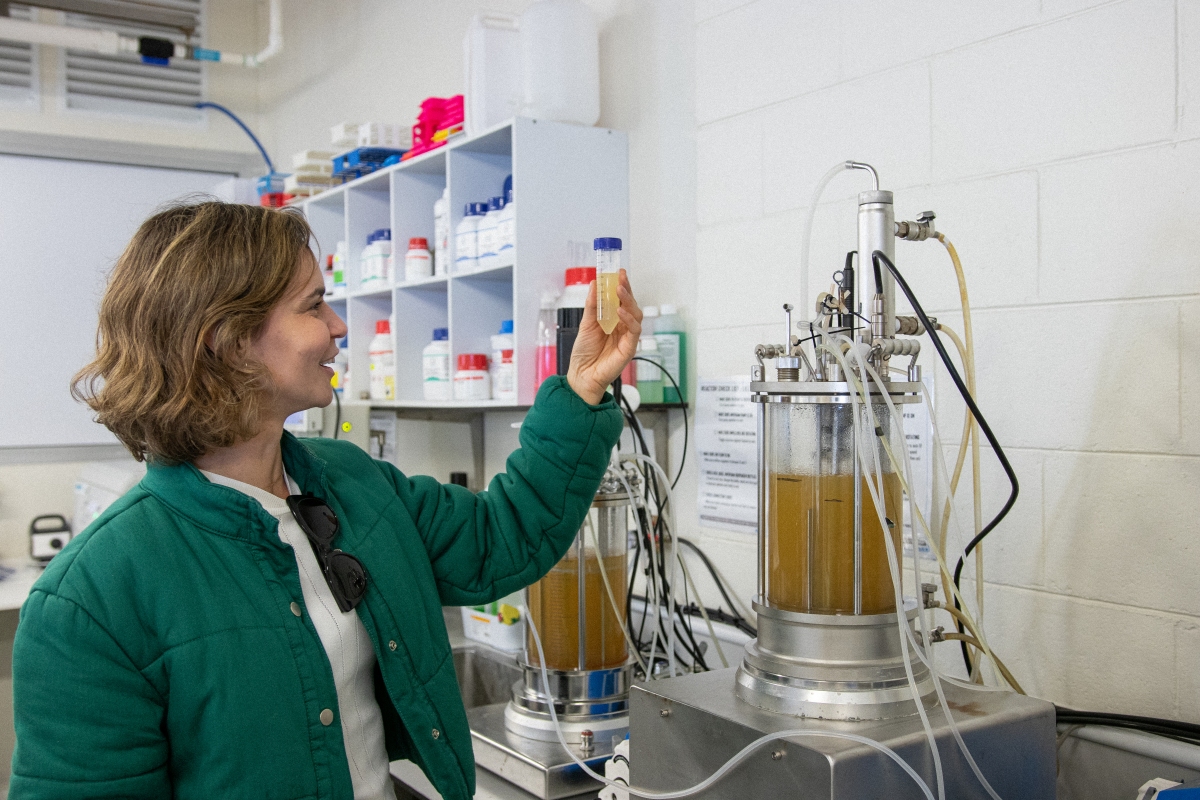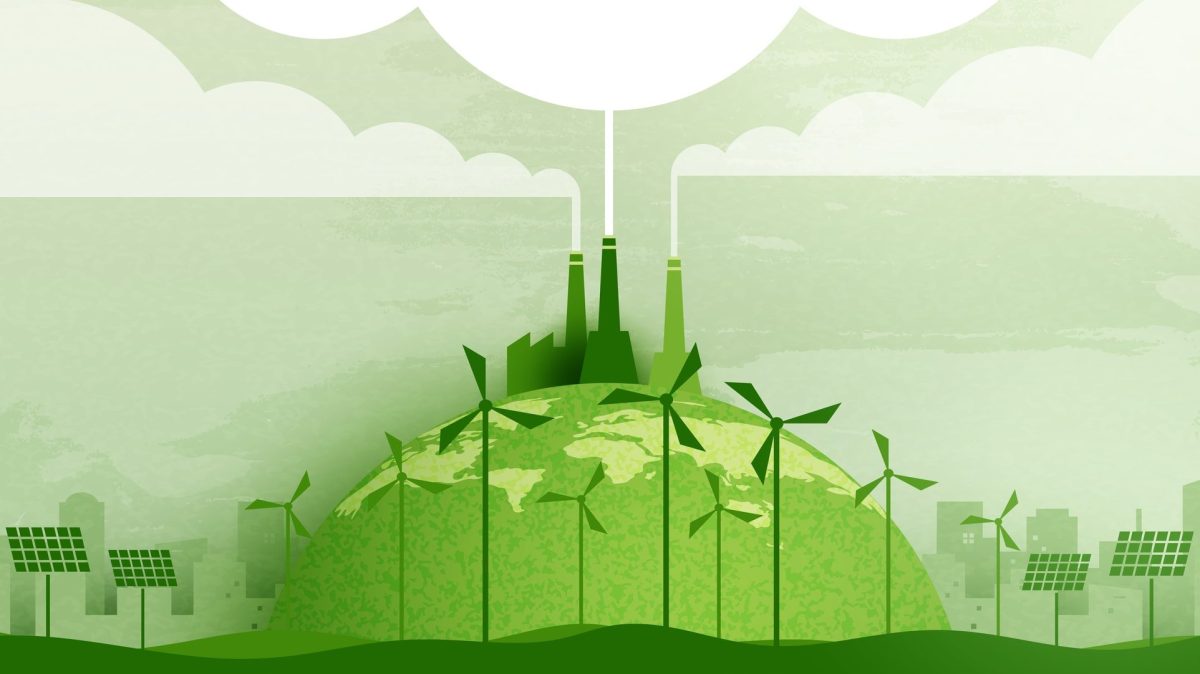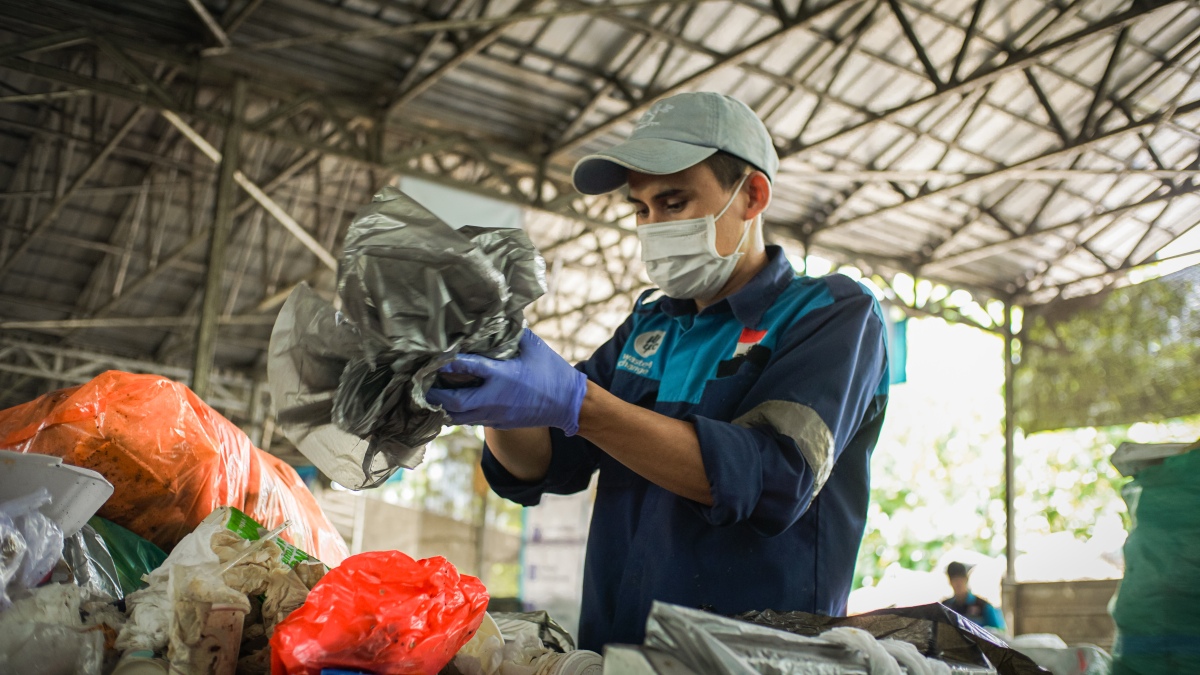ULUU wants to solve the plastic crisis with seaweed • ZebethMedia
ULUU believes the solution to the plastic crisis lies in the world’s oceans. The Australian startup uses seaweed to create a plastic alternative and is planning to launch its first products in the next 12 to 24 months. Today ULUU announced it has raised $8 million AUD (about $5.3 million USD) led by Main Sequence (the deep-tech fund launched by Australia’s national science agency) with participation from Albert Impact Ventures, Mistletoe and Possible Ventures. Other investors through Main Sequence’s social impact community Voice Capital included Melvin Benn, the managing director of Festival Republi, Nathan McLay, Australian independent music company Future Classic, restauranteur Neil Perry AM, model and philanthropist Karlie Kloss and Tame Impala frontman Kevin Parker. ULUU’s compostable polymer, called polhydroxyalkanoates (PHAs), is made through a fermentation process that is similar to brewing beer, and enables the company to keep its production process clean. It is made out of seaweed sugars, sea water and salt water microbes and has a durability similar to plastic, but is biodegradable and compostable. ULUU founders Dr. Julia Reisser and Michael Kingsbury Dr. Julia Reisser, who founded ULUU along with Michael Kingsbury, told ZebethMedia that she has a long history with plastics. During her PhD studies, she mapped microplastic pollution within Australian waters and got the idea for ULUU in 2019 while working at Australian businessman Andrew Forrest’s philanthropic organization Minderoo Foundation, analyzing how startups are dealing with plastic pollution. Dr. Reisser researched how startups are created without fossil fuels, but found that alternatives derived from sugar cane or corn (which PHAs can also be created from) have environmental challenges. Kingsbury also worked at Minderoo, where he was introduced to Dr. Reisser while she was looking for someone with a commercial background to help develop ULUU. The startup was launched in 2020 and raised $1.8 million the next year. The latest funding will be used on product development and engineering R&D to scale the production of PHAs. ULUU currently plans to get its pilot plant facility operational in the next 12 months, and start to scale and test products. It can be used in many industries, including fashion, furniture and packaging. ULUU plans to cement partnerships with major consumer brands, and it will pick one or two to work on a pilot project. ULUU will work toward establishing commercial relationships in the fashion sector, with the goal of helping brands develop products that are made with ULUU and are both carbon negative and marine biodegradable. Its investment from industry figures like Kloss and Parker will help them make important connections in the fashion and beauty industry, Kingsbury said. “We’re exploring potential opportunities in sustainable fashion, changing the space one step at a time,” said Kingsbury. “It’s no longer cool to have only the best design and cut when it comes to the clothes we wear—people are starting to care about the materials behind them.” Even though 60% of fibers used in clothes are synthetic, derived from fossil fuels and cause microplastic pollution, Kingsbury noted that many brands are starting to look at more environmentally-friendly alternatives. These include Patagonia, which plans to use only renewable or recycled materials in their products by 2025.


